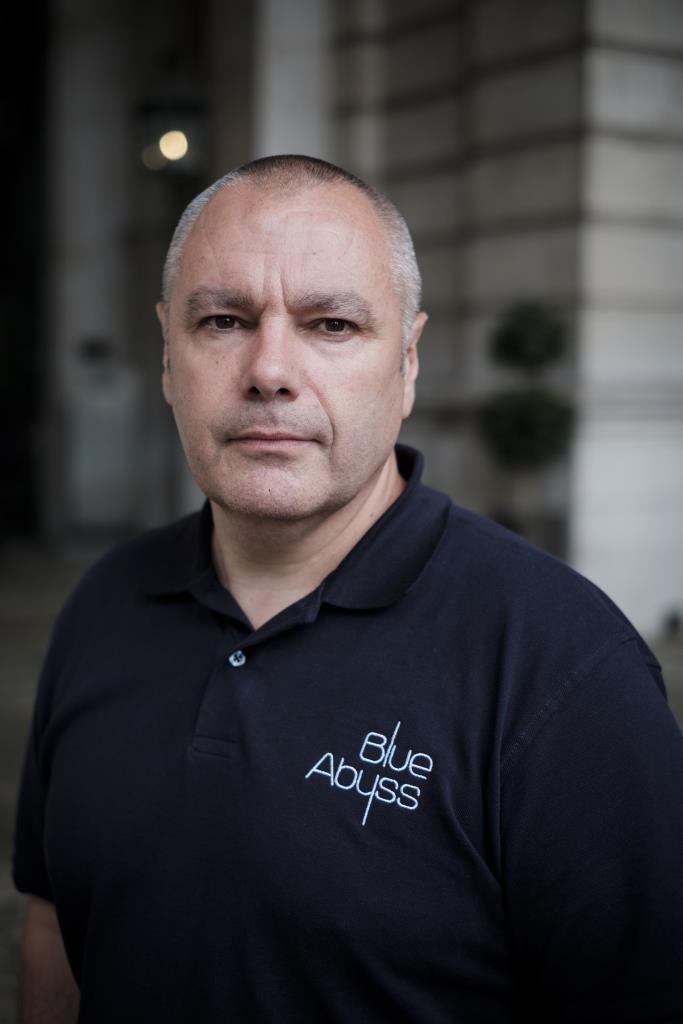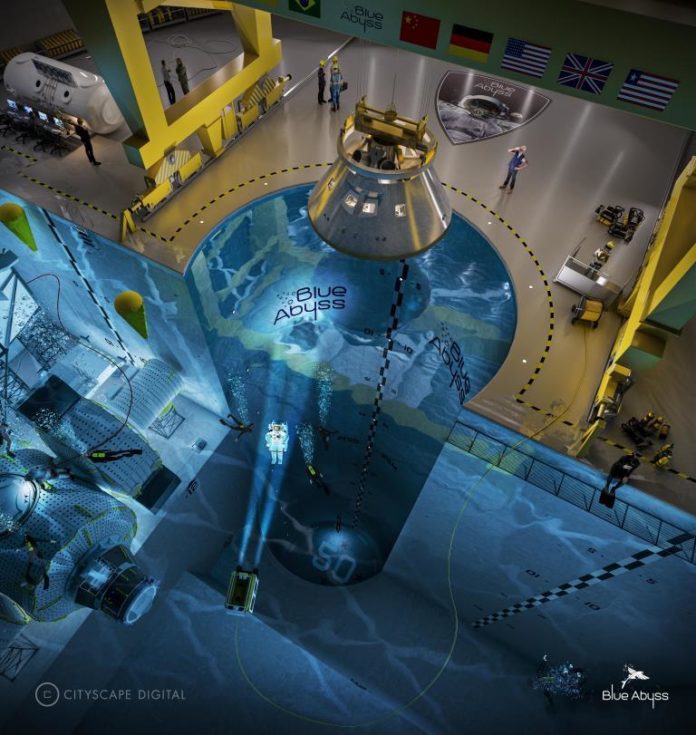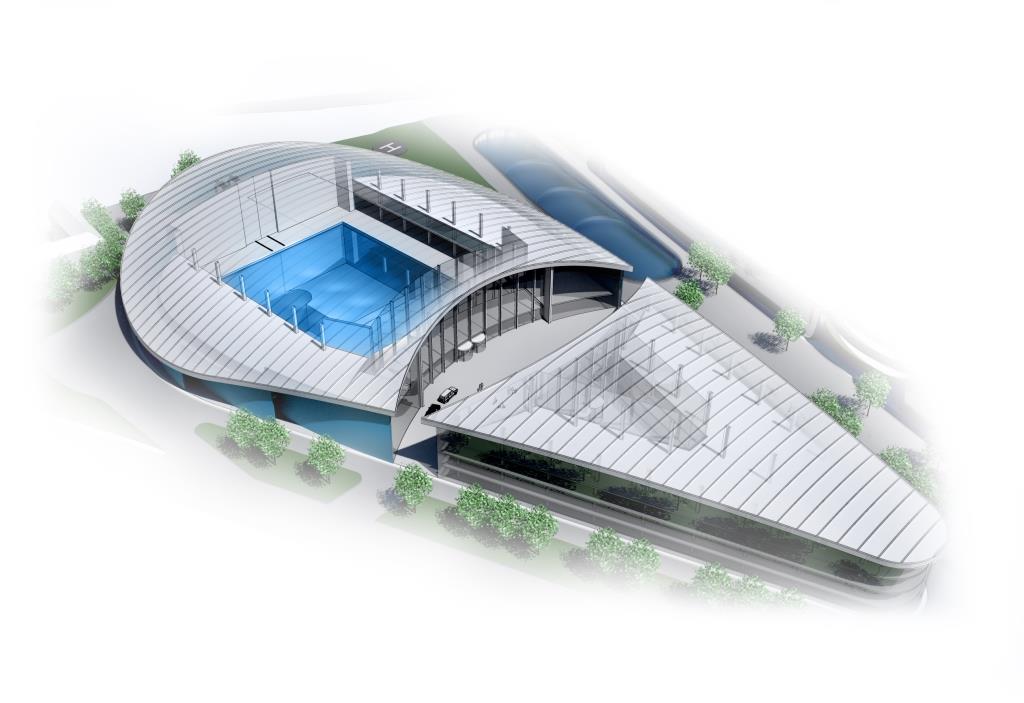The world’s biggest and deepest pool for testing the latest underwater technology, helping advance subsea robotics and even training astronauts is being planned in Cornwall.
Blue Abyss, a £150 million facility which has the support of British astronaut Major Tim Peake, will be the world’s leading extreme environment research, test and training centre serving the offshore energy, marine, defence and space sectors.
It is planned for the Aerohub Enterprise Zone at Cornwall Airport Newquay, and is expected to create 160 jobs, pump £50 million of build costs into Cornwall during its 18-month construction and generate £8 million annually for the local economy.
Blue Abyss will appeal to a range of markets by simulating extreme environments in a safe and controlled setting and include the world’s first commercial astronaut training centre. Other markets span offshore energy, maritime defence, ocean ecology, human life sciences and commercial diving, and will help in the further development of remotely operated subsea robots and mini submersibles.
The centrepiece of Blue Abyss is an aquatic centre featuring a 50m x 40m stepped pool with a 50m deep shaft. The pool holds over 42,000 cubic metres of water – the equivalent of 17 Olympic size swimming pools or 168 million cups of tea – making it the largest and deepest indoor pool in the world.
Blue Abyss is the brainchild of ex-forces diving instructor and management consultant, John Vickers, and has the support of British astronaut Major Tim Peake, who sits on the Blue Abyss advisory board.
Peake said: “I am proud to be part of the Blue Abyss team and I am delighted to see the project take such an important step forward with today’s announcement. Cornwall is the perfect home for Blue Abyss, a region with great potential for its space, aerospace and renewable energy ambitions. This project will join Goonhilly Earth Station and Spaceport Cornwall as significant national assets, creating a deep sea and space research, training and test facility, as well as fantastic educational resource, helping to widen our knowledge of how humans and technology can function in extreme environments, for the benefit of people and the planet.”

John Vickers, chief executive of Blue Abyss, said: “We’re planning a globally unique facility with a wide range of potential uses that tap into so many of the industries that Cornwall and the South West are known for. Blue Abyss will be a huge research asset for aerospace, offshore energy, underwater robotics, human physiology, defence, leisure and marine industries, and a fantastic education centre for children and university students. Cornwall already feels like our natural home and we’re delighted to have received such a warm response.”
Mark Duddridge, chair of the Cornwall and Isles of Scilly Local Enterprise Partnership (LEP), added: “Blue Abyss has the potential to become an iconic project for Cornwall and a genuine world-class resource. It fits perfectly with our local industrial strategy to create quality jobs in growth industries like offshore renewable energy and space and would be an educational and research boost for the whole of the UK at a time when we need to develop new skills for our economy and invest in home-grown research and technology.”
Blue Abyss is in negotiation with Cornwall Council to acquire four adjacent plots on the Aerohub Business Park, next to Cornwall Airport Newquay.
The ten-acre site would house the pool, astronaut training centre, human performance centre, hypobaric and hyperbaric chambers, microgravity suite, training centre with six classrooms, workshops, onsite catering and accommodation facilities.
Blue Abyss has been designed by British architect Robin Partington, who led the design team for The Gherkin, one of London’s most striking buildings. Blue Abyss is in the process of applying for planning permission at the Aerohub Enterprise Zone. Construction would take approximately 18 months to complete with a view to being open in 2023.










